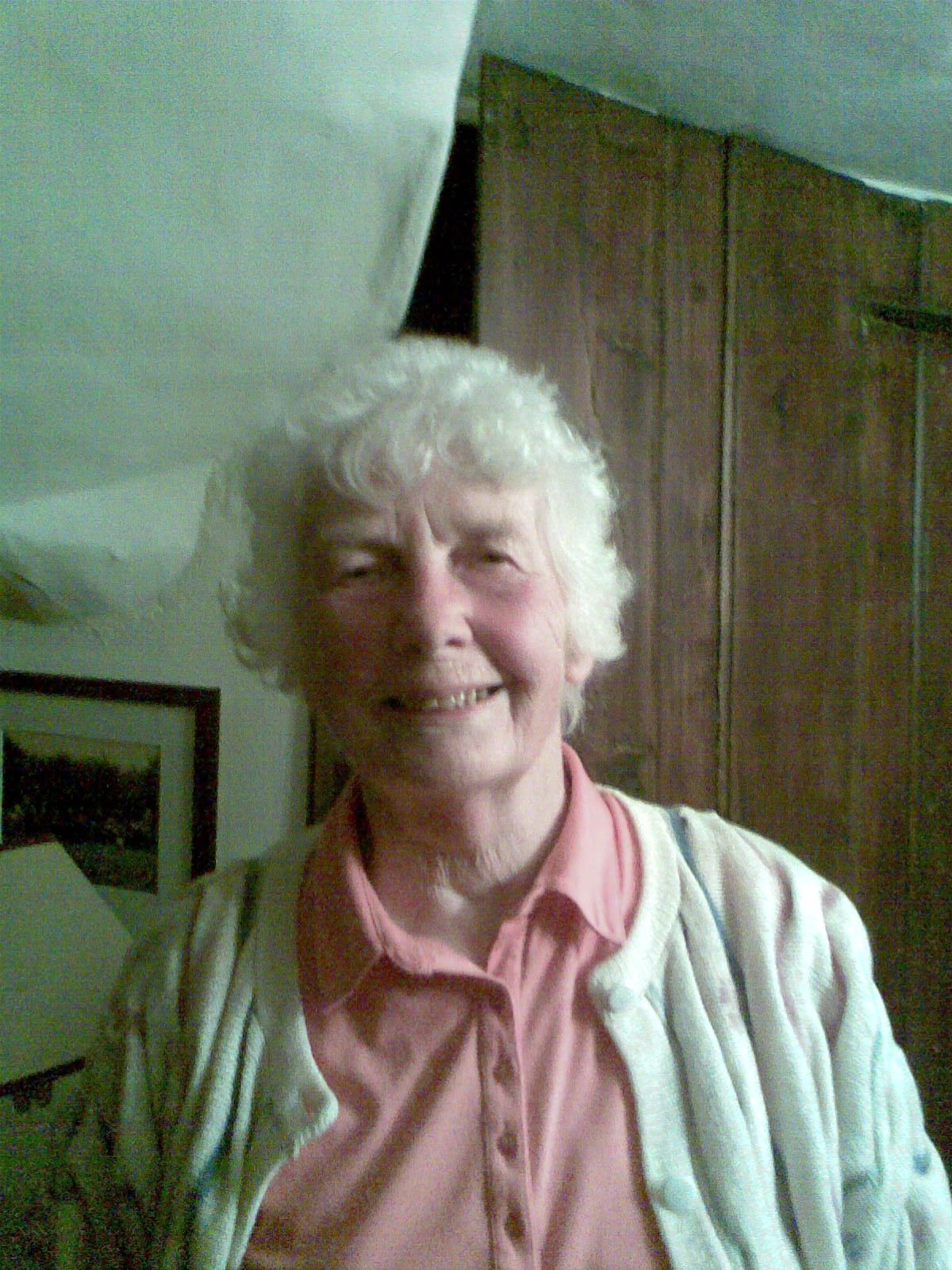The psychoanalyst Melanie Klein based much of her work on her time spent watching babies and their mothers- particularly babies who wee being breast fed. Form these observations she mooted the idea that the baby creates two breasts- a Good breast and a Bad breast. She argued that this split occurs in the baby’s imagination to help the infant psyche survive its responses to being fed .She suggests that the baby is torn between gratitude to a mother-breast who feeds and cares for him and his envy and hatred of the same breast. She argued that one could see from the infant’s play these two distinct attitudes. When the mother is attending to her baby, playing with him, feeding him, making him the centre of her world, then the baby feels love and gratitude. However when the same mother does not immediately attend to his every desire, the baby is filled with rage and bad feelings, with very little benevolence to mitigate this rage.
Klein argued that to allow itself to know that the mother who cares is the same mother who ignores him would be too much for the baby to manage emotionally. So he creates a Good mother and a Bad mother. One the baby loves, the other it hates. This she called the paranoid-schizoid position and saw it as representing a very primitive developmental stage in the baby’s emotional growth. When the baby is older and stronger, she argued, it is able to understand that there is only one breast-one mother. That the mother who feeds him is also the mother who ignores him. And vice versa. The implication of this realisation is that the baby learns that he can both love and hate the same object. (From this beginning comes the whole theory of Object relations- a major force in psychoanalytic thinking and practice.)
The next question then is, what has this to do with learning, teaching, and education? I want to suggest that this split between a Good breast and a Bad breast is present in the classroom-certainly at university level and very much so in the teaching of mental health nursing. There are many strands to learning. We take in new information. We have to allow ourselves to be taught. We have to find room for our new knowledge and reconcile it with what we already know. In some case this is easy. There is no emotional challenge involved in learning how to take someone’s blood pressure. It is a mechanical task. Giving an injection can be slightly more daunting because we fear hurting our patient. But with practice we learn this skill and give-mostly-painless injections! We are pleased because we have learned a new skill and are keen to practice it. (My students are always enthusiastic givers of injections whilst this is a novelty. Once qualified this enthusiasm wears off quickly. What was new is now routine.)
When it comes to psychiatric illnesses, however, we move to a different realm of knowledge. Take schizophrenia. What is it? Is it caused by too much dopamine in the system and therefore a bio-chemical disorder? Is it a statement about the relationship between the psychotic individual and a mad world? In which case it is a psychosocial problem. Is it a form of ego defence whereby the individual projects his madness into outside objects like voices, the radio, or television? So that he can deny his own madness? In which case it is a problem that requires a psychoanalytic treatment. Or is it cause by demons and evil spirits-in that case it requires a priest or holy man.
One of the exercises we use with our mental health students is Jo’s story. It is the story of Jesus put into a contemporary setting-with Jesus ending up in a secure unit! We give our students this story and invite them to comment on it. Responses run through “Well Jo is obviously psychotic. Probably schizophrenic.” to “Possibly autistic?” to “Sounds a bit like Jesus” to “He’s not mentally ill at all. Just annoyed the wrong people.” After a while we say that this was the story of Jesus, put into a contemporary setting. The student’s responses are enlightening. For the committed Evangelical student this is anathema. How dare we suggest that Jesus was mentally ill? Our story is rubbish and has nothing about it that bears any resemblance to their Jesus. (Whenever I use this particular exercise, I make sure to have my emotional body armour on. I know how passionate some students can get!)
Other students look amused and thoughtful. Some are bored with the whole process and want to learn proper information about medication without wasting their time on idle speculation.
I use this example to highlight the difficulty of learning. In this case the knowledge on offer challenges many deeply held beliefs. We are seen as a threat to the student’s existing worldview. (The truth is, that we are not explicitly challenging any worldview. We simply invite the students to consider a case history. It is they who diagnose schizophrenia or similar. But in Kleinian style, the hatred is denied and projected into us the lecturers. It is we who are dangerous, not the student’s own thoughts. Which is, of course, one model for psychosis.)
To learn is to risk. If I learn to do this thing. I will be expected to do it next time. And the time after. And I may not want that responsibility. What happens if I fail? Or don’t want to have to know that I know something? If I allow that Jesus could be seen as being psychotic, what happens to my faith? If I allow that my psychotic patient might be like Jesus, what happens to the way in which I nurse?
I remember doing studying Theology at Teacher’s Training College, many years ago. I went to college as a Christian fundamentalist, certain in my faith. I was taught by that most dreaded species a Liberal! My lecturers did not share my worldview. They interpreted the bible and Christianity in an altogether different way to me. Thus they were the enemy. To be engaged in battle with at every possible opportunity- in the hope that they would see the error of their ways! I spent three years with my emotional hands covering my ears, lest I become contaminated by their heresy. (Many years later and I find their view entirely reasonable and probably too conservative-but that is another story!) I could not listen their teaching because my whole world view was based on the need for certainty that fundamentalism provided. To accept their views would have meant opening myself to a world of not -knowing. And that was intolerable at that time.
So it is for our students. What does it mean to take in new knowledge? How do I decide what knowledge to take in and what knowledge to spit out? Can I trust my teachers to have my best interests at heart? ( A Good breast) or will they feed me poison ?(A Bad breast) It seems to me that in the same way that a mother has to support her baby so that it can feed, so we as teachers have a similar responsibility to our students. How they use the feed is outside our control, but we do have a responsibility to provide the most favourable conditions in which a feed can occur.
Bibliography
Don't give up









